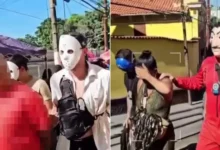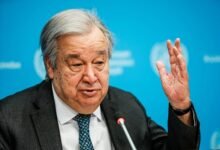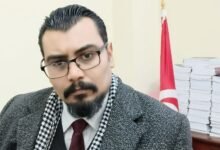Sri Lanka bans face coverings after attacks

Sri Lanka has banned face coverings in public, following a spate of suicide attacks on Easter Sunday that killed at least 250 people and injured hundreds.
President Maithripala Sirisena said he was using an emergency law to impose the restriction from Monday.
Any face garment which “hinders identification” will be banned to ensure security, his office said. Muslim leaders criticised the move.
The niqab and burka – worn by Muslim women – were not specifically named.
The move is perceived as targeting those garments, however.
Sri Lanka remains on high alert eight days after Islamist attacks that hit churches and hotels.
Dozens of suspects have been arrested, but local officials have warned that more militants remain at large.
Sri Lanka has a sizeable and centuries-old Muslim population – of the country’s 21-million population, just under 10 per cent are Muslim.
Only a small number of women are thought to wear the face-covering niqab, or the burka – a one-piece garment that covers the face and body.
Last week, a Sri Lankan Member of Parliament (MP) had proposed a ban on women wearing the burka, saying it should be outlawed on security grounds.
Muslim groups have been highly critical of the president’s decision.
“It is the stupidest thing to do. Three days ago we [the Muslim community] took a voluntary decision regarding this. The All Ceylon Jamiyyathul Ulema told all Muslim women not to wear face veils for security reasons. If they wanted to wear a veil, then they were told not to come out,” Hilmy Ahmed, vice-president of the Sri Lanka Muslim Council, told the BBC.
“We see this as a reflection of the conflict between the president and the prime minister. We strongly criticise the decision. We will not accept the authorities interfering with the religion without consulting the religious leadership.”
Several countries have permanently banned full-face veils in public places, including France, Belgium and Denmark. Chad, Gabon and the Republic of Congo in Africa also have restrictions in place.
Over the weekend, thousands of Sri Lankan troops stood guard on the streets, protecting churches and mosques.
Sunday church services were cancelled across the country as a precaution, but worshippers in the capital gathered to pray outside St Anthony’s Shrine, which was badly damaged in the attacks. –BBC






